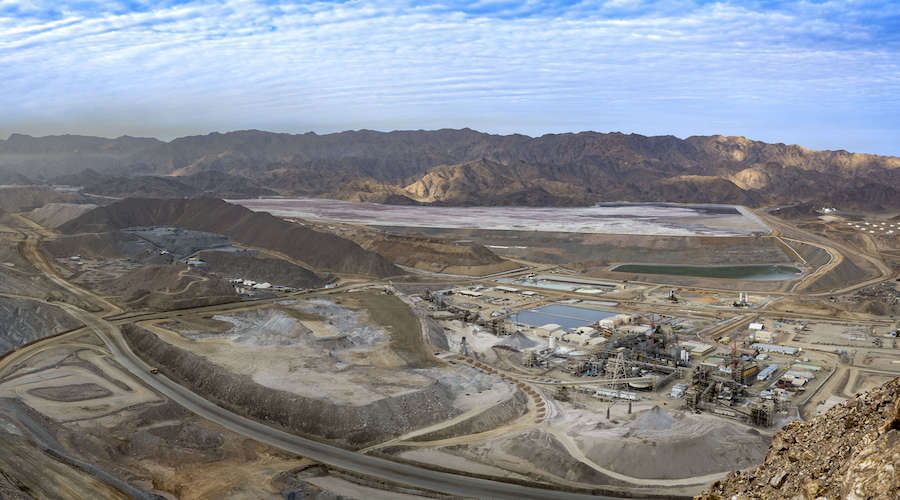The addition of the Sukari mine to its portfolio will increase AngloGold’s annual production by around 450,000 ounces, bringing its total output to 3.1 million ounces.
Since production began in 2009, Sukari has produced more than 5.9 million ounces of gold, and has a projected mine life of 14 years.
“Today’s transaction is highly compelling and builds on the strong foundation we have built,” AngloGold’s chair Jochen Tilk said in a statement. “It adds to our portfolio as the pre-eminent gold producer in Egypt and offers enormous geological potential that we are very well placed to develop.”
Under the terms of the deal, Centamin shareholders will receive 0.06983 new AngloGold shares for each Centamin share and $0.125 in cash.
The offer represents a 37% premium to the target company’s closing price on Sept. 9, the parties said.
Once and if the deal goes through, AngloGold shareholders will hold about 83.6% of the combined entity, while Centamin investors will own roughly 16.4% of the enlarged share capital.
South Africa in the rear-view mirror
AngloGold, with assets spanning from Australia to Brazil, has shifted its focus South Africa, the country in which it was founded more than a century ago. It sold the last asset it had in the home country to Harmony Gold in 2020, and last year it moved both headquarters and primary listing to London and New York, respectively.
The transaction is latest in a flurry of industry deals fuelled by ecord-breaking prices for the precious metal. Top player Newmont (NYSE: NEM) bought Australia’s Newcrest Mining for $19 billion last year, cementing its position as the top gold producer. Agnico Eagle Mines (TSX, NYSE: AEM) has completed two major transactions since 2022, positioning itself among the top five producers of the precious metal by market value. Last month, South Africa’s Gold Fields (JSE, NYSE: GFI) bought Canada’s Osisko Mining (TSX: OSK) in a deal valued at C$2.16 billion ($1.6bn).
The deal is also the latest blow to the London stock market, which has seen an exodus of companies in the past few years. The exchange has faced challenges since Randgold’s delisting after its merger with Barrick Gold in 2018, and the massive departure of Russian gold miners following Moscow’s invasion of Ukraine.

